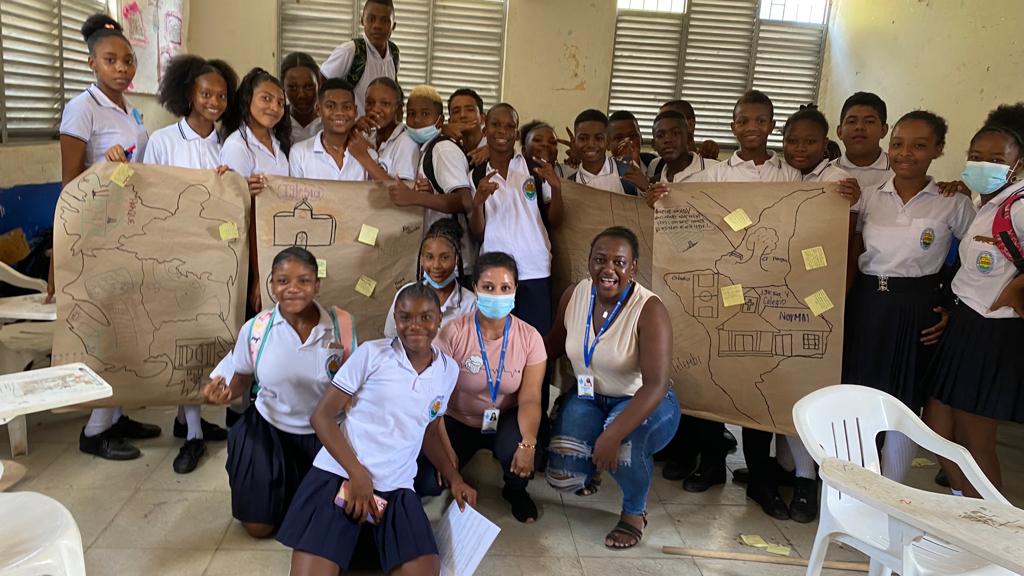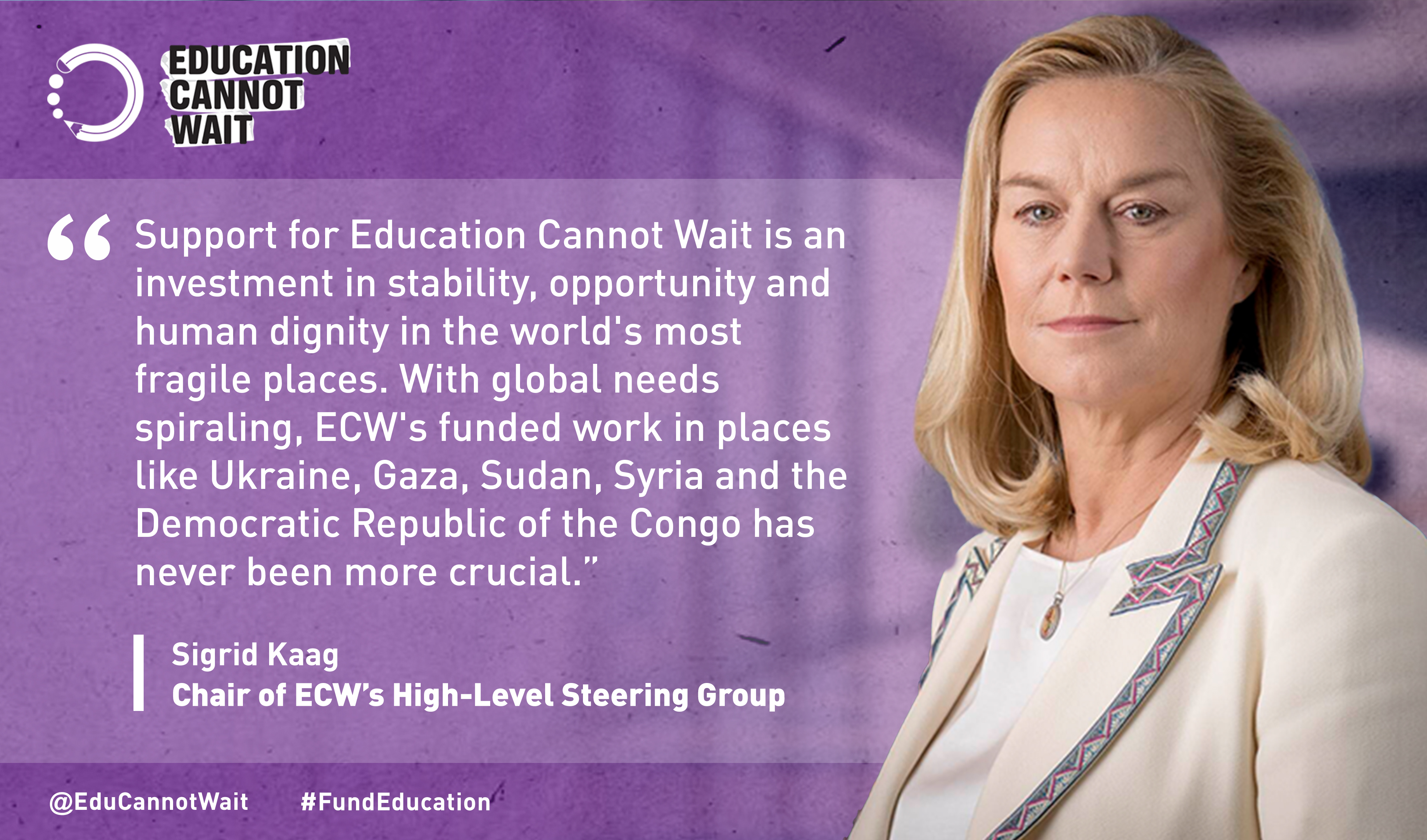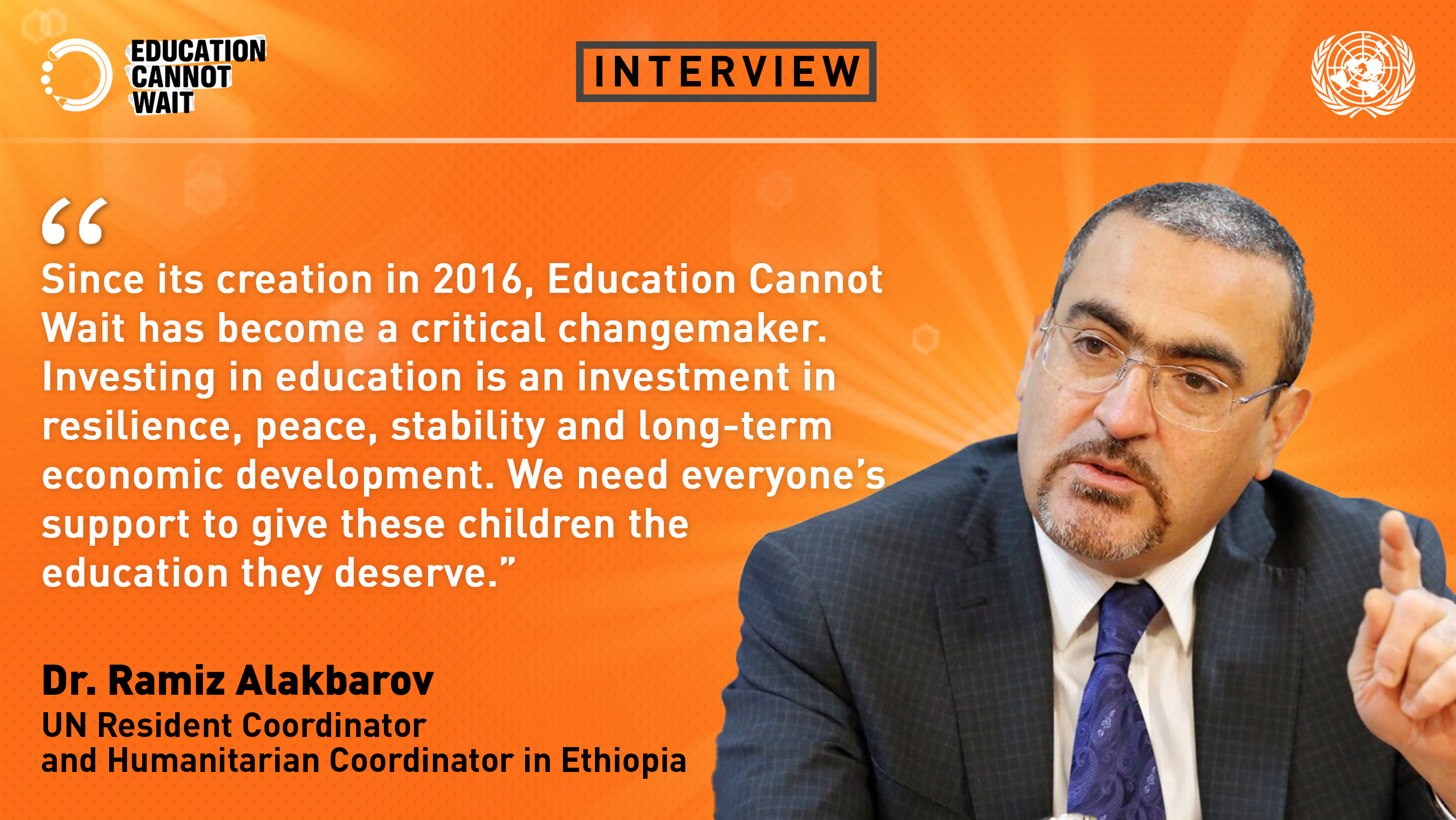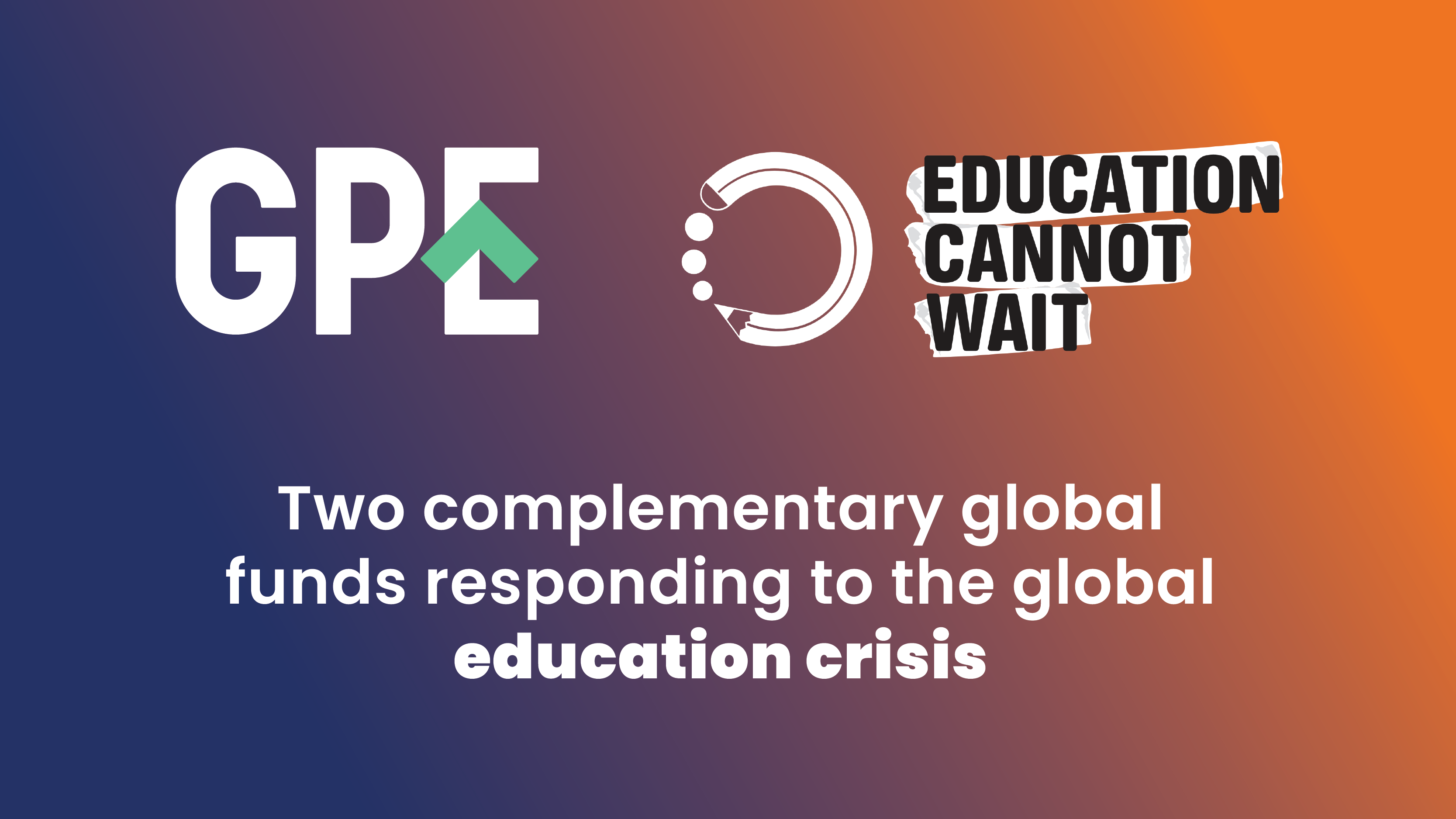2022 World Mental Health Day

October 10 is World Mental Health Day and Education Cannot Wait (ECW) acknowledges the crucial importance of mental health and wellbeing — not just today, but every day.
Mental health and psychosocial support (MHPSS) — as it is called in the humanitarian space — is a required component in every ECW country investment. We insist that MHPSS be an important part of every country investment.
Without it, how can refugee and crisis-affected learners learn and, similarly, how can refugee and crisis-affected teachers teach if their own wellbeing is not tended to? More information on ECW’s approach to MHPSS in education in emergencies and protracted crises (EiEPC) can be found in our ground-breaking Technical Guidance Note on MHPSS in EiEPC.
Since 2020, ECW has made it a point to invest in MHPSS in all of our country-level investments, but also through our Acceleration Facility. In 2022, ECW announced funding to three new MHPSS initiatives. These three are in addition to the Acceleration Facility grants funded in 2020 and 2021, which went to a diverse set of MHPSS actors including the Child Protection Area of Responsibility (CP AoR), INEE’s PSS/SEL Collaborative, IFRC’s PS Centre (as co-chair of IASC’s MHPSS Reference Group), to name a few. More information can be found here.
Today, ECW continues to support innovative and evidence-based MHPSS initiatives through our Acceleration Facility. The three 2022 Acceleration Facility grantees are:
UNICEF
ECW joins other key donors in supporting UNICEF and WHO to develop the first ever, ground-breaking MHPSS Minimum Service Package (MSP) in Colombia (with Fundación PROINCO) and South Sudan (with War Child Holland).
“These programmes work across sectors to reduce suffering and improve mental health and psychosocial wellbeing among children affected by protracted violence and displacement. Education activities include school-based structured group activities that use play and games to promote socio-emotional learning and skills for navigating family and community relationships. The programme also aims to promote the mental health and psychosocial well-being of education personnel and caregivers, and to strengthen their capacity to support children. This involves group sessions on issues such as stress-management, self-care, and recognizing and responding to distress in children of different ages.” ~Caoimhe Nic A Bhaird, MHPSS Specialist, UNICEF
The pilot phase has been used to gather data and feedback on the use, feasibility and impact of the MSP. The package is being revised based on this feedback, and an updated version of the MSP will be launched at the end of 2022.
Amal Alliance
ECW is proud to support Amal Alliance, an organization that empowers displaced and disenfranchised children, as they deliver and scale up innovative social emotional learning programmes to young children living in refugee and crisis contexts. Amal Alliance’s multi-award winning, holistic, innovative EdTech solution, Colors of Kindness, addresses mental health and wellbeing by improving children’s social and emotional skills.
“Amal Alliance builds bright futures for children through 4 Pillars of support that include social emotional learning, early childhood development, psychosocial support, and peace education. With the support of ECW, the new iteration of Colors of Kindness’s digital workbook includes animated culturally sensitive genderless blobs and teacher training modules. While technology cannot replace classroom instruction, we can leverage it to ensure quality content reaches the most marginalized.” ~Danielle De La Fuente, Founder and CEO, Amal Alliance
Norwegian Refugee Council (NRC)
ECW is thrilled that NRC's Better Learning Programme (BLP) is an implementing partner in our investments across the globe and, in both 2021 and 2022, they were also an Acceleration Facility grant recipient. NRC’s BLP is a psychosocial support programme which can be integrated within education programming. It is NRC's flagship classroom-based PSS intervention for children in crisis-affected communities.
“The BLP is a holistic approach to supporting children’s recovery from the traumatic events experienced during conflict, or from the impacts of displacement on both displaced and host communities, by improving conditions for learning. The programme mobilizes a child’s support network of caregivers, teachers and counselors, encompassing a multi-layered approach to restore a sense of normality and hope.” ~Camilla Lodi, Global PSS Head of Unit, NRC
Children report that participation in the programme helps them to improve their identification and communication of how they feel, and their self-regulation. In a sample of 3,319 children in Lebanon, 72% reported an increase in hope after participating in the BLP. Out of 304 Syrian children in Jordan, 94% reported an improvement in their study skills after participating in the BLP. Out of 4,660 children in Palestine, 91% reported improved wellbeing after participating in the BLP.
ECW will continue to influence and shape the MHPSS and education in emergencies space – ensuring that MHPSS is not only a standard aspect of ECW programming, but all education programming across the globe.



